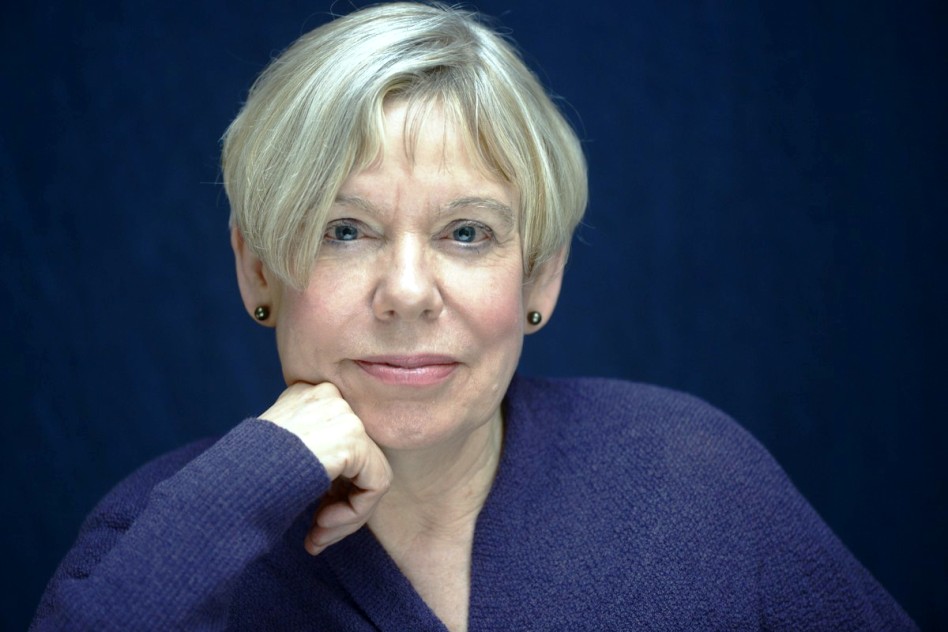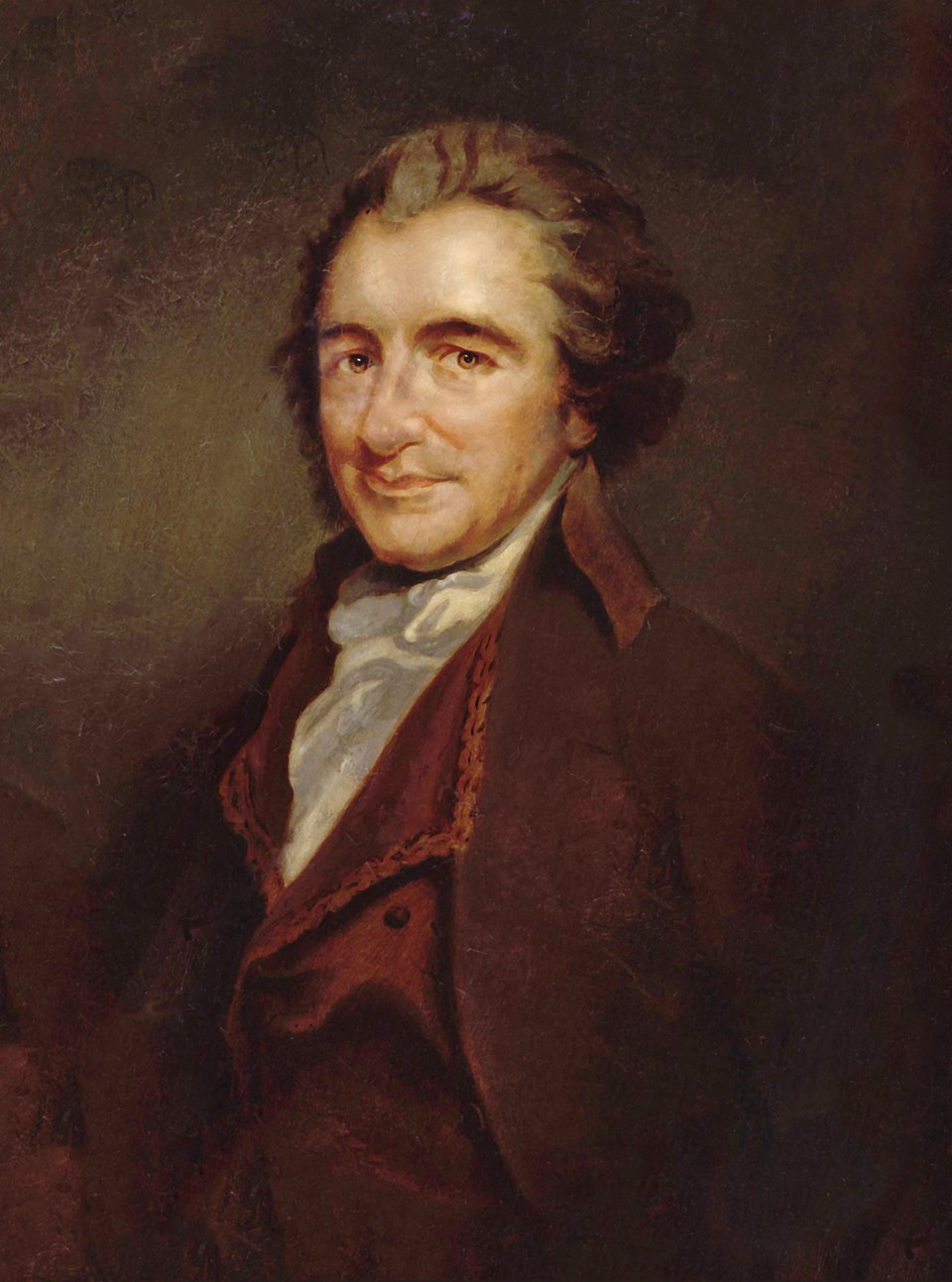With all the noise in the world – much of it negative – it seems pretty clear that change is necessary and it begins with each of us.

When religious historian Karen Armstrong discussed a long desired wish for a better world at a TED talk she gave in 2008, the organization decided to help fulfill that wish. On November 12, 2009 the “Charter for Compassion” was born.
“We believe,” the website states, “that a compassionate world is a peaceful world.
“We believe that a compassionate world is possible when every man, woman and child treats others as they wish to be treated–with dignity, equity and respect.
“We believe that all human beings are born with the capacity for compassion, and that it must be cultivated for human beings to survive and thrive.”
In Twelve Steps to a Compassionate Life, Armstrong writes that her charter has been posted in synagogues, mosques, temples and churches as well as secular institutions such as the Sydney Opera House.
Has it made a difference?
“There is no hurry,” Armstrong says. “We are not going to develop an impartial, universal love overnight.”
During this time of thanksgiving, family and friends, and in the spirit of Christmas, I ask that you take a moment to read and ponder the Charter. Think about how you can make a change in your own life and send me your thoughts, if you wish.
“The principle of compassion lies at the heart of all religious, ethical and spiritual traditions, calling us always to treat all others as we wish to be treated ourselves. Compassion impels us to work tirelessly to alleviate the suffering of our fellow creatures, to dethrone ourselves from the centre of our world and put another there, and to honour the inviolable sanctity of every single human being, treating everybody, without exception, with absolute justice, equity and respect.
“It is also necessary in both public and private life to refrain consistently and empathically from inflicting pain. To act or speak violently out of spite, chauvinism, or self-interest, to impoverish, exploit or deny basic rights to anybody, and to incite hatred by denigrating others—even our enemies—is a denial of our common humanity. We acknowledge that we have failed to live compassionately and that some have even increased the sum of human misery in the name of religion.
“We therefore call upon all men and women to restore compassion to the centre of morality and religion ~ to return to the ancient principle that any interpretation of scripture that breeds violence, hatred or disdain is illegitimate ~ to ensure that youth are given accurate and respectful information about other traditions, religions and cultures ~ to encourage a positive appreciation of cultural and religious diversity ~ to cultivate an informed empathy with the suffering of all human beings—even those regarded as enemies.
“We urgently need to make compassion a clear, luminous and dynamic force in our polarized world. Rooted in a principled determination to transcend selfishness, compassion can break down political, dogmatic, ideological and religious boundaries. Born of our deep interdependence, compassion is essential to human relationships and to a fulfilled humanity. It is the path to enlightenment, and indispensable to the creation of a just economy and a peaceful global community.”
The world needs greater compassion, now, more than ever.
Comments











